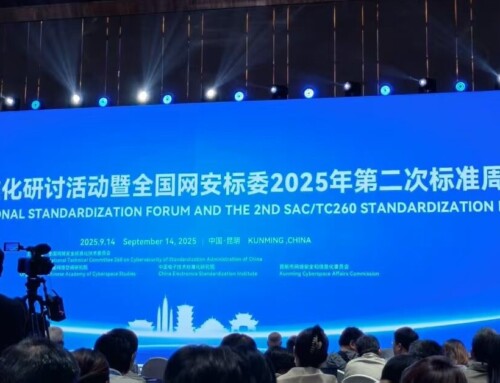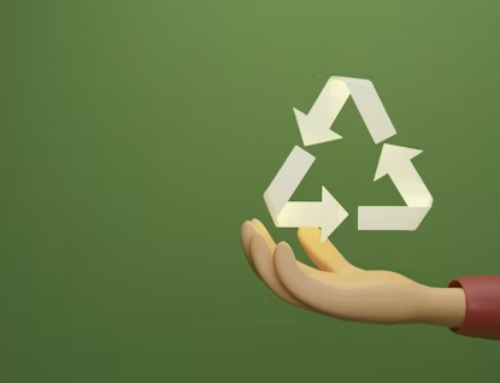Beijing, March 2025 — China has updated several key mandatory national standards for food contact materials under the GB 4806 series. These revised standards have already entered into force, and compliance is now mandatory. All food contact materials and articles placed on the Chinese market must now comply with these updated requirements.
The GB 4806 updates introduce substantial revisions and technical changes, replacing multiple standards from the earlier GB 4806-2016 series. Alongside these revisions, several entirely new standards have been introduced to address emerging categories of materials, including adhesives, inks, and composite products used in food contact applications.
Overview of the Changes of the GB 4806 Series Standards
| Standards Title & No. | Effective or Replaced by Newly Developed Standard | Implementation dates |
| GB 4806.1-2016 National Food Safety Standard – General Safety Requirements for Food Contact Materials and Articles | Effective | October 2017 |
| GB 4806.2-2015 National Food Safety Standard – Nipples | Effective | September 2016 |
| GB 4806.3-2016 National Food Safety Standard – Enamelware | Effective | April 2017 |
| GB 4806.4-2016 National Food Safety Standard – Ceramic Products | Effective | April 2017 |
| GB 4806.5-2016 National Food Safety Standard – Glass Products | Effective | April 2017 |
| GB 4806.6-2016 National Food Safety Standard – Plastic Resins for Food Contact Use | GB 4806.7-2023: National Food Safety Standard – Plastic Materials and Articles for Food Contact Use
|
September 2024 |
| GB 4806.7-2016: National Food Safety Standard – Plastic Materials and Articles for Food Contact Use | ||
| GB 4806.8-2016 National Food Safety Standard – Paper and Paperboard Materials and Articles for Food Contact Use | GB 4806.8-2023: National Food Safety Standard – Paper and Paperboard Materials and Articles for Food Contact Use | June 2023 |
| GB 4806.9-2016 National Food Safety Standard – Metal Materials and Articles for Food Contact Use | GB 4806.9-2023: National Food Safety Standard – Metal Materials and Articles for Food Contact Use | September 2024 |
| GB 4806.10-2016 National Food Safety Standard – Coatings and Coating Layers for Food Contact Use | Effective | April 2017 |
| GB 4806.11-2016 National Food Safety Standard – Rubber Materials and Articles for Food Contact Use | partially replaced by GB 4806.11-2023 National Food Safety Standard – Rubber Materials and Articles for Food Contact Use (for materials made from natural or synthetic rubber, including vulcanized thermoplastic elastomers); still effective for materials made mainly from silicone rubber | September 2024 |
| GB 4806.12-2022 National Food Safety Standard – Bamboo and Wooden Materials and Articles for Food Contact Use | December 2022 | |
| GB 9683-1988 Hygienic Standard for Composite Food Packaging Bags | GB 4806.13-2023 National Food Safety Standard – Composite Materials and Articles for Food Contact Use | September 2024 |
| GB 4806.14-2023 National Food Safety Standard – Inks for Food Contact Materials and Articles | September 2024 | |
| GB 4806.15-2024 National Food Safety Standard – Adhesives for Food Contact Materials and Articles | February 2025 |
Industry Impact
The Chinese authorities have clarified that earlier versions of the GB 4806 standards are no longer valid. Continued use of outdated test reports or conformity assessment procedures may result in serious consequences, including:
- Refusal of market access
- Delays at Chinese customs
- Potential product recalls or enforcement actions within the Chinese market
Call to Action for European Stakeholders
European standardization organizations, national committees, and industry associations are urged to take immediate action. Key recommendations include:
- Disseminate information to manufacturers, exporters, testing bodies, and certification service providers.
- Advise enterprises to assess their current compliance against the updated GB 4806 series.
- Encourage collaboration with accredited testing laboratories in China to ensure updated conformity testing.
- Facilitate technical exchange with Chinese counterparts to understand critical changes and alignment challenges with international practices.
For further information or clarification, please contact SESEC at assistant@sesec.eu




